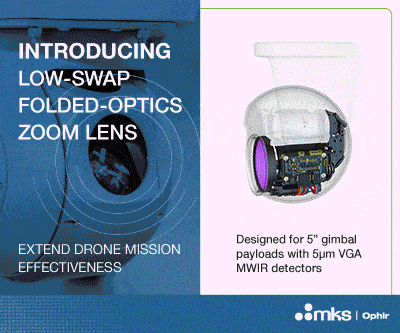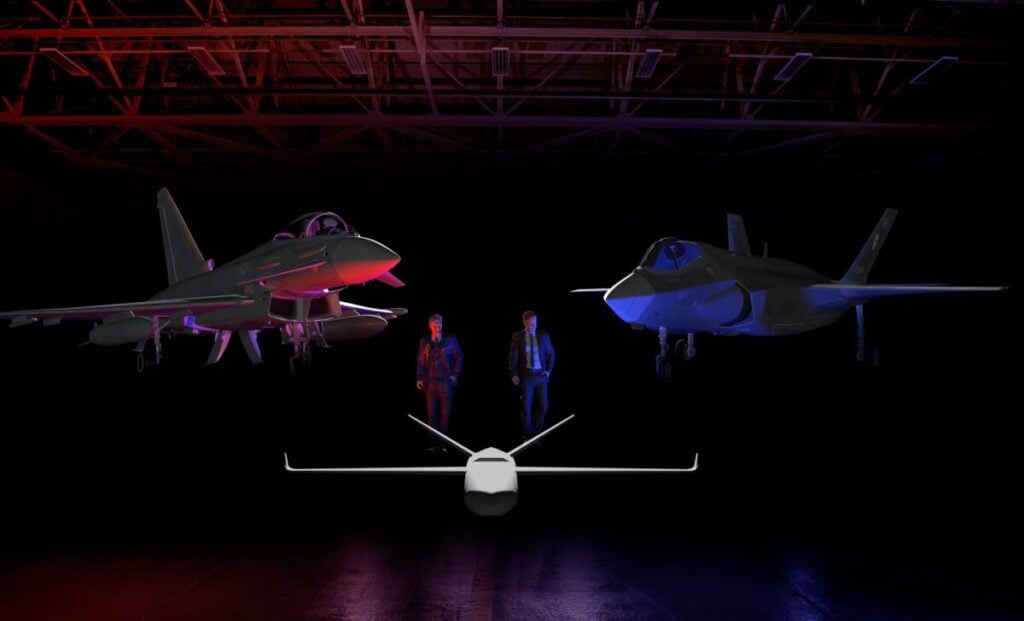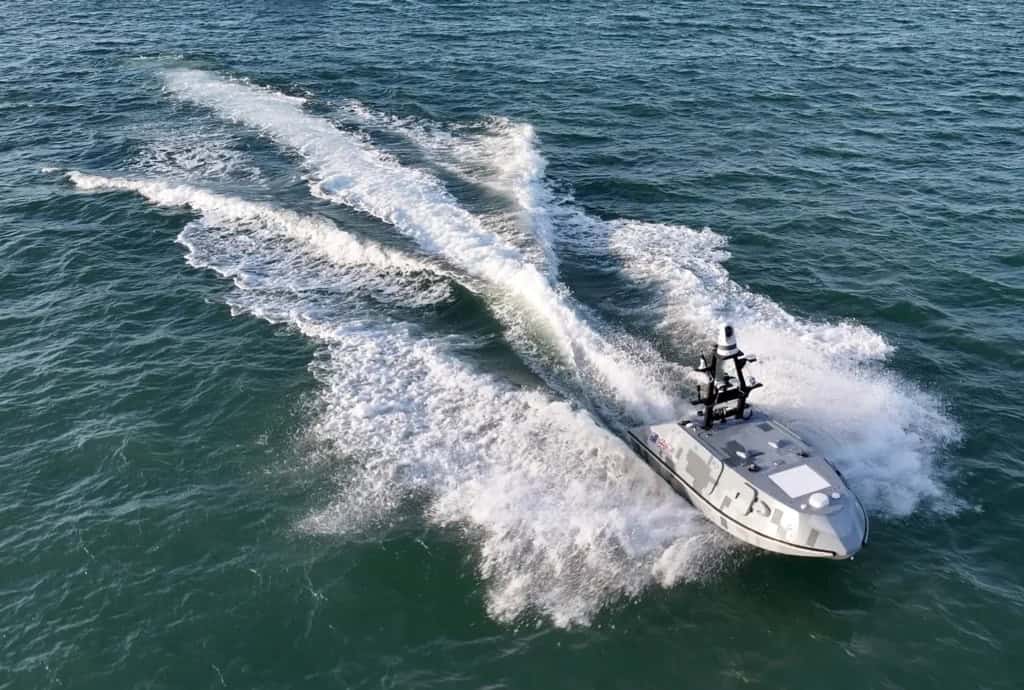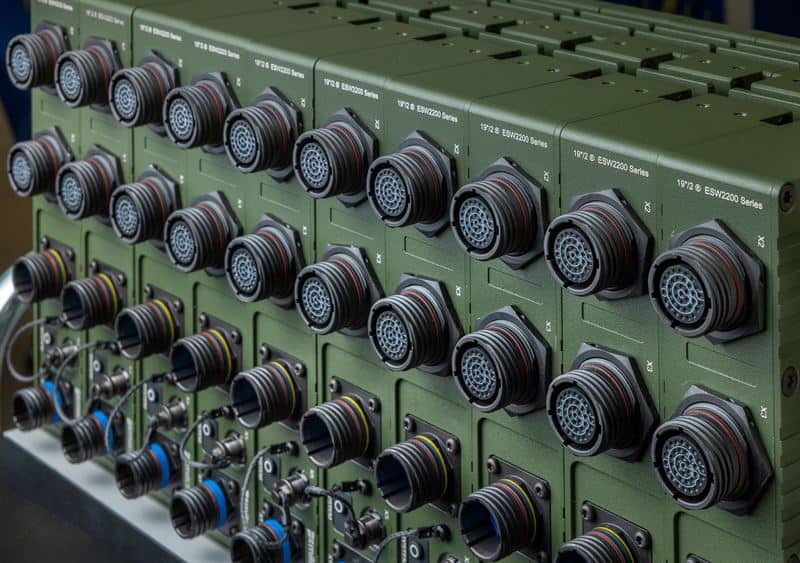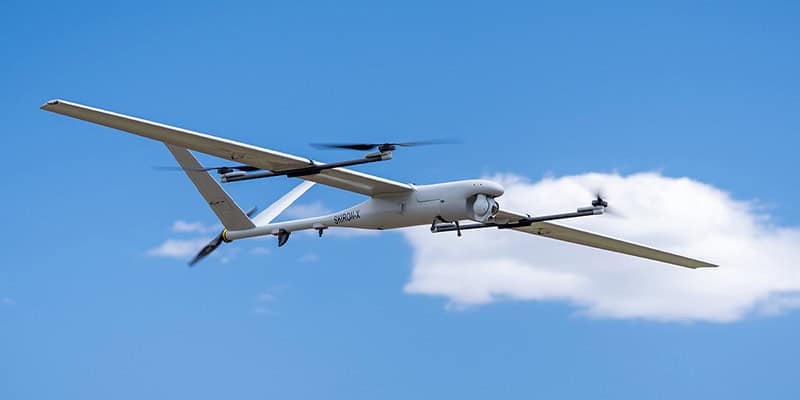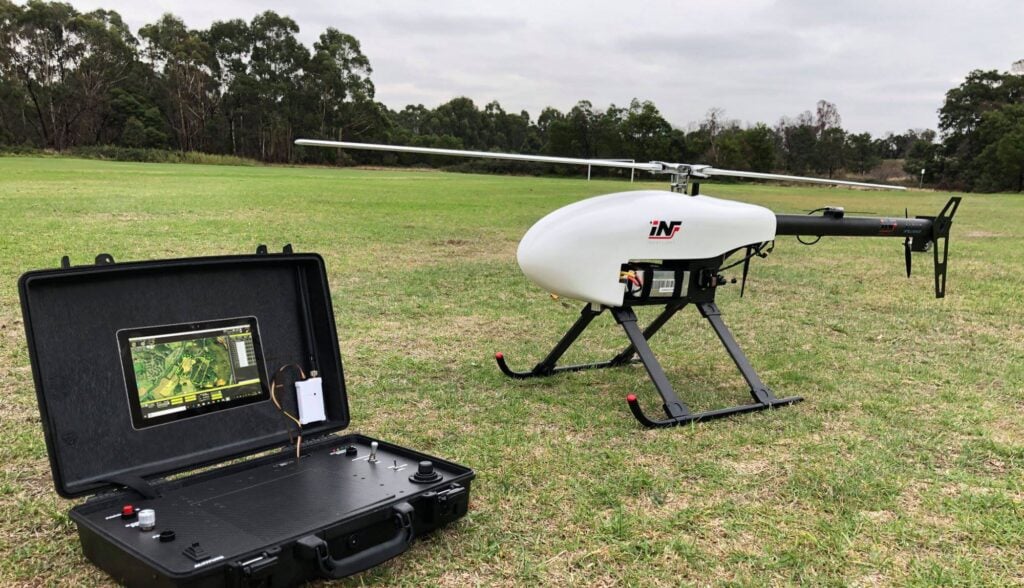
Military UAS
Discover cutting-edge solutions from 5 leading global suppliers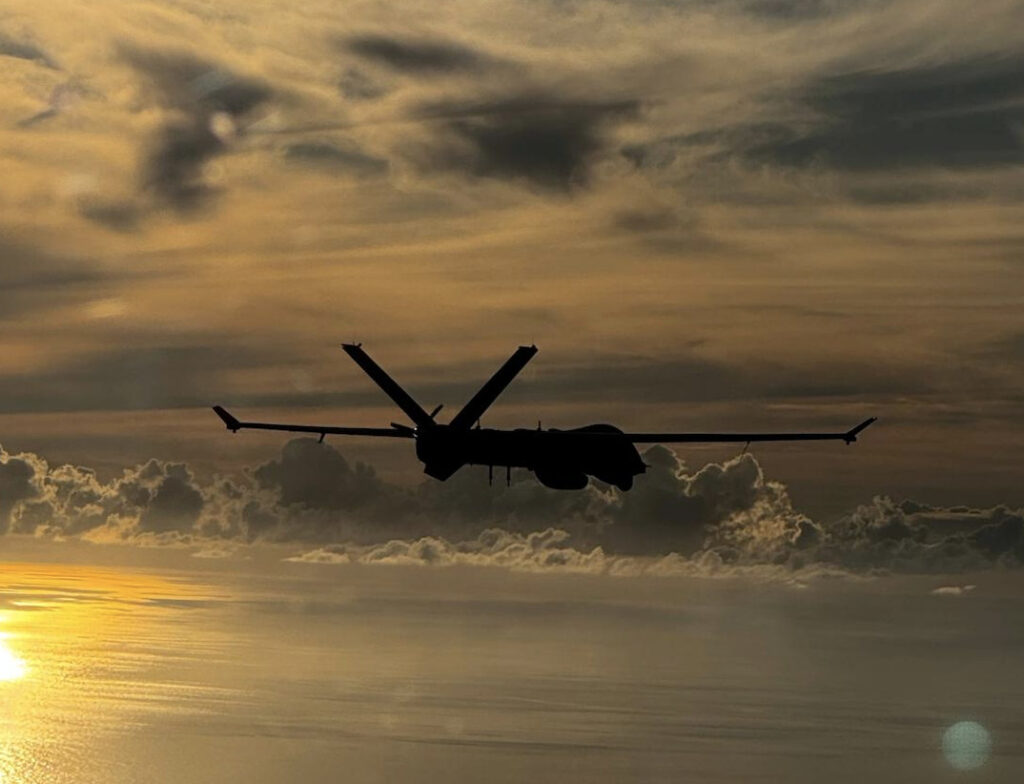
Leonardo has successfully completed a landmark demonstration with its Falco Xplorer uncrewed aerial system (UAS).
The unmanned aerial system took off from Trapani Birgi (Italy) airport to validate the European Detect and Avoid (DAA) technological demonstrator, part of the European Defence Industrial Development Programme (EDIDP) funded EUDAAS project.
The event, attended by high military and industry representatives from the five contributing member states (Sweden, Italy, Germany, France and Spain), marks a pivotal milestone for integrating large uncrewed aircraft into the European airspace alongside crewed aircraft, meeting critical needs in both civil and military sectors.
The in-flight demonstration concluded a technological development cycle that began four years ago in Europe under Saab’s coordination, with the involvement of aeronautical excellences supported by a highly qualified European ecosystem of 10 partners from the member states.
With Leonardo’s dedicated engineering support from Ronchi dei Legionari, the EUDAAS project has advanced cutting-edge technologies that enable uncrewed aircraft to operate in non-segregated airspace, an innovation expected to enhance air traffic safety and efficiency across Europe. The Falco Xplorer’s role as the European flying test bed underscores Leonardo’s dedication to the advancement autonomous flight and artificial intelligence capabilities.
The in-flight activities conducted at Trapani confirmed the effectiveness of the technical solutions developed for DAA demonstrator, including advanced sensors, innovative digital flight control algorithms and smart systems. These systems provide traffic awareness, remain well clear, and collision avoidance capabilities, enabling the uncrewed aircraft to operate safely and efficiently in A-G class airspace. They achieve this by detecting and avoiding both cooperative and non-cooperative air traffic, performing necessary maneuvers to prevent conflicts while reducing the workload for operators.
The DAA system represents a game-changing capability for the aviation sector, aligning with ICAO standards. This advanced system, incorporating both cooperative and non-cooperative sensors, a central processing computer and a DAA display for pilot guidance, provides a solid framework for the safe and reliable operation of unmanned aircraft across multiple airspace classes.
Leonardo’s Falco Xplorer demonstrated its advanced DAA capabilities, showcasing how uncrewed aircraft can be integrated into standard air traffic management systems, a confirmation to Leonardo’s leading role in innovative aerospace solutions. The results of this demonstration are expected to have long-term positive implications, enabling uncrewed aircraft to serve as reliable assets in support of diverse community and operational needs across Europe.
Building on these achievements, the EUDAAS consortium is moving forward to the follow-up project, “EUDAAS2”, to start 1st December 2024 under the EDF 2023 framework. With the continued support of the European Commission EDF and the five member states and funding, the EUDAAS consortium will complete the full suite of DAA functionalities at the highest technology readiness levels, including the definition of European standards in EUROCAE WG-105 as the base for the future certification of the system. The robust collaboration among the European institutions, member states and industry partners underscores the commitment to advancing European defense and aeronautical innovation for a safer, more connected future.
With the Falco Xplorer’s success in EUDAAS, Leonardo reaffirms its commitment to shaping the future of uncrewed aviation and ensuring safer skies.
Falco Xplorer Remotely Piloted Aircraft System (RPAS), which has achieved approximately 100 test flights and reached the Initial Operational Capability (IOC) milestone in its Intelligence, Surveillance, Target Acquisition and Reconnaissance (ISTAR) configuration, is a state-of-the-art system. Building on the proven legacy of the Falco Evo, the Falco Xplorer is designed to meet dual-use requirements, providing 24/7, all-weather persistent regional surveillance. It is equipped to support a wide range of missions for both military and governmental applications. Looking ahead, Falco Xplorer roadmap includes the integration of a new engine and multiple armaments, aimed at enhancing its performance. Full Operational Capability (FOC) will be reached by 2026, solidifying the system’s position as a cornerstone of modern surveillance and defence solutions.




